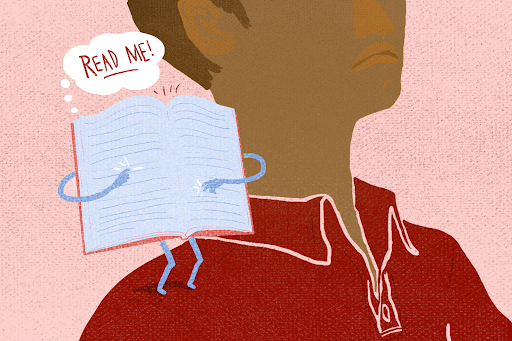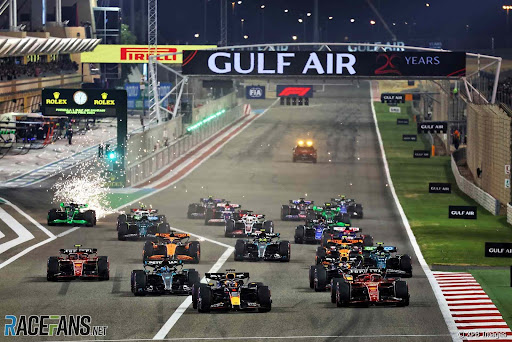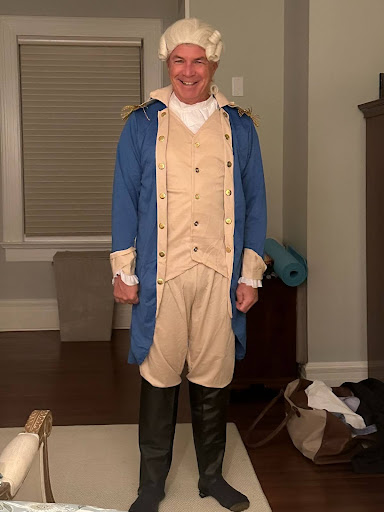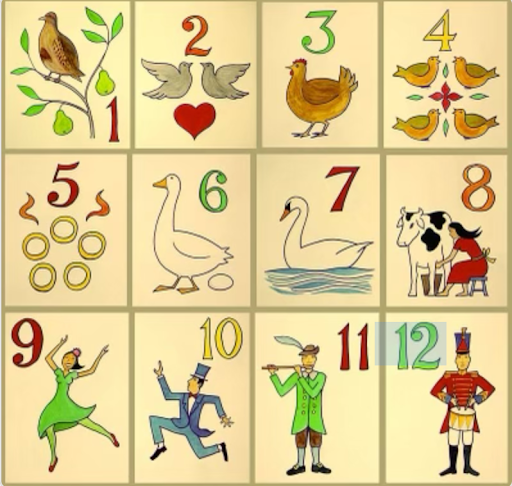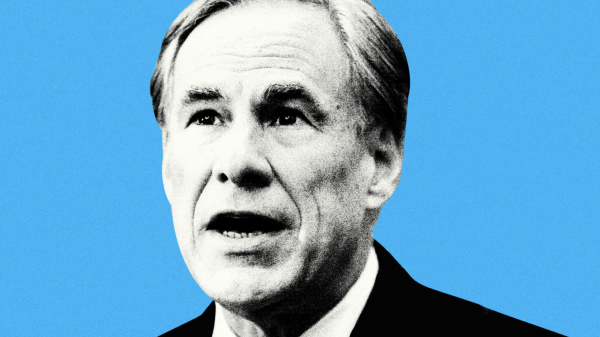The Latest from Venezuela
April 10, 2019
Venezuela has had its fair share of problems over the past few years: hyperinflation, poverty, and corruption, to name a few. Venezuelan President Nicolas Maduro has done quite a bit in an effort to solve these problems. Most notably in 2016, in order to connect to his people and show his support for them, Maduro started a late night radio show dedicated to salsa-dancing. Called “La Hora de la Salsa,” or the Salsa Hour, Maduro salsa dances with his wife every Tuesday. But recently, with his own people beginning to turn against him, it is unclear as to whether salsa-dancing will be enough [1].
In January 2019, Maduro was inaugurated into his second term as president. However, critics claim the election was filled with fraud and corruption, with Maduro postponing voting twice, and with a dismal 25% turnout [2]. The Venezuelan Constitution states that when a president elect is not present for the inauguration, then the president of the National Assembly, akin to the U.S Congress, will act as a temporary president. Opposition to Maduro claimed that the election was not legitimate, thus no president elect was present, and named Juan Guaido, the current leader of the National Assembly, as president. Currently, over 50 countries including the U.S recognize Guaido as the legitimate leader of Venezuela.
This did not sit well with Maduro, who claimed to be the rightful president. Many protesters took to the streets to protest against him, and Maduro responded by sending in military troops, denouncing the protests as a U.S backed effort to tear down Venezuela from the inside. Numerous clashes occurred, leaving over 50 civilians dead, and over 500 more injured [3]. The U.S and other countries have attempted to send aid in the form of food and personnel, but Maduro responded by denying entry to all forms of foreign aid. In one particular instance, Maduro ordered troops to fire tear gas on activists attempting to help, resulting in the deaths of two activists [4].
Both Guaido and Maduro seem unwilling to back down, and President Trump, along with many of his advisors, have made it clear that while they are willing to negotiate and impose sanctions, they are unwilling to send military troops into the conflict. Other foreign nations will likely follow the precedent set by the U.S, meaning Maduro is under no real pressure to change the status quo. After all, while sanctions could hurt Venezuela, it’d hurt civilians more than Maduro himself.
Guaido has called on the military to rebel several times now, but unlike the citizens of Venezuela, the military seems to have no desire to budge. A small number of soldiers have fled to the neighboring Columbia, but most remain in staunch support of Maduro. And as long as Maduro holds the power of the military, Guaido will have no real influence on politics or the country. The situation favors Maduro right now, but that could change. If Maduro cannot continue to offer gifts and favors to the military, they might desert him. And if enough people become riled up, Maduro would have a full scale revolution on his hands -something that even the military may not be able to control.
But until that day comes, Maduro can keep salsa-dancing his way through politics. Because as of right now, no one can keep up with his fiery moves.
[1] https://www.cnn.com/2016/11/03/americas/venezuela-nicolas-maduro-salsa-show/index.html
[2] https://en.wikipedia.org/wiki/Second_inauguration_of_Nicol%C3%A1s_Maduro




